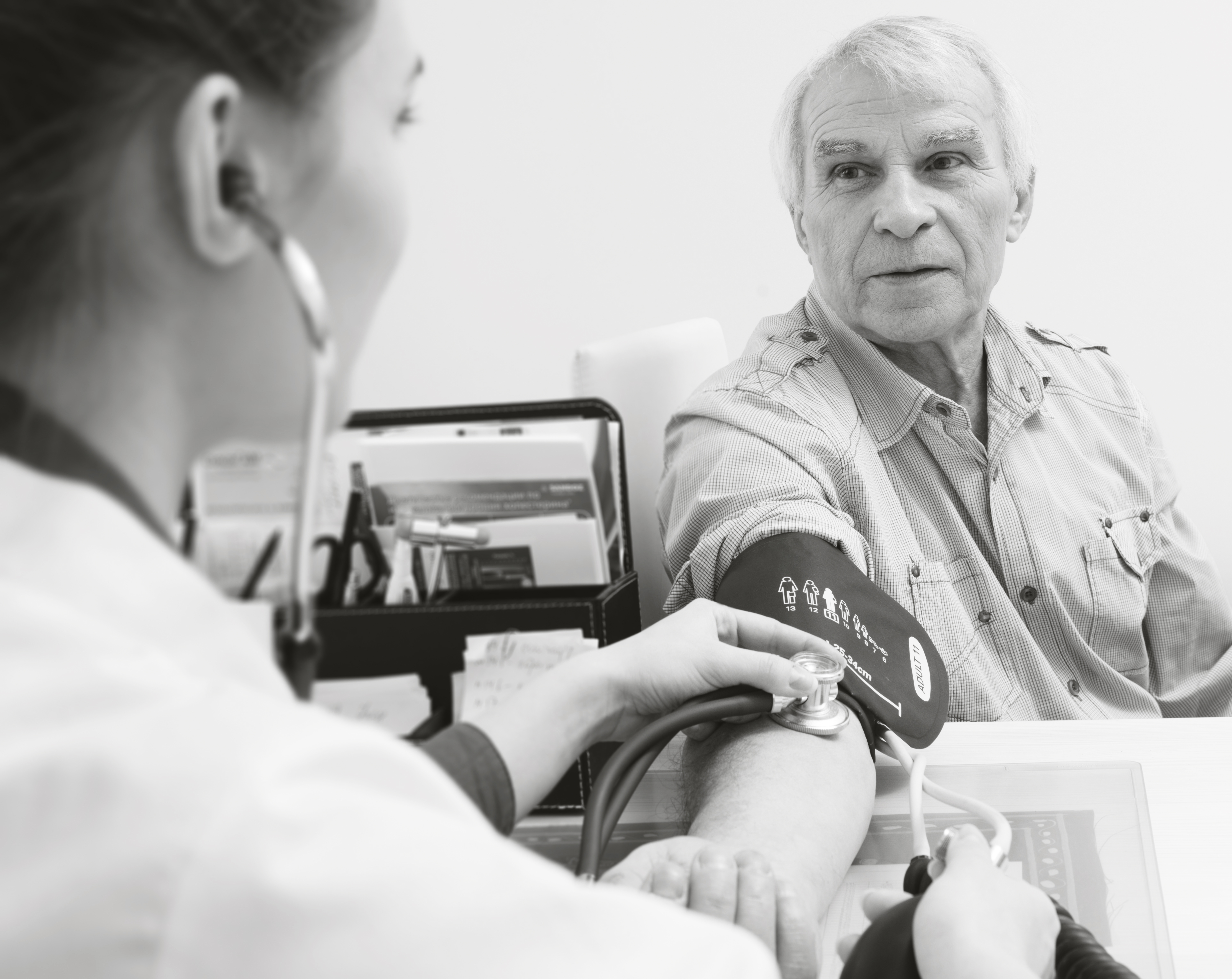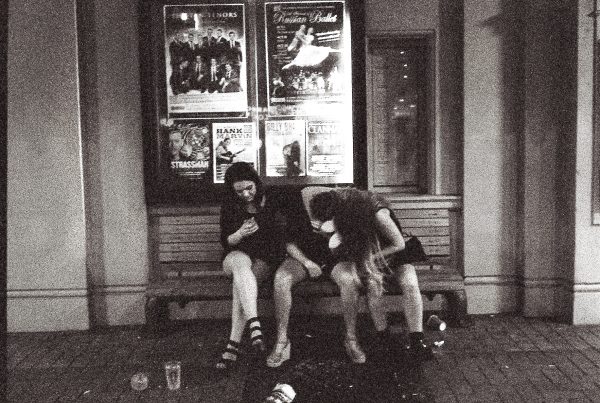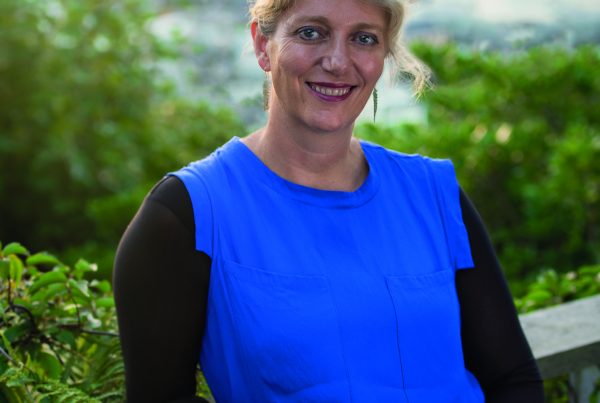
The Hutt Union service opened its first Hutt clinic in the Pomare Community House in 1991, following similar services that were set up in Newtown in 1987 and Porirua in 1990. Working in partnership with trade unions and community activists, who remain represented on its board, it aims to provide low-cost primary healthcare services to low-income residents.
Unfortunately for organisations like the Hutt Union, the basic formula for funding health services is based on the average use of a typical patient. “So if you have an non-average population that uses more funds, that’s not going to be reflected.” Nor does the government take into account the effect of its targets. For instance, health services have to ensure that 90 percent of all patients get advice on quitting smoking.
“But 60 percent of our adult population are smokers, so the number of people we have to give that information to is really, really high,” Nicholl says. “And there is no reward for doing it; there’s no extra funding for that effort.”
A few years ago, as with Newtown Union, the Hutt service’s funding was cut by over $200,000 — “around 10–15 percent of our income,” Nicholl says. As a result of funding squeezes, the service’s income has fallen from $2.42 million in 2009 to $2.16 million in 2013. But health problems, especially among children and in deprived communities, have been rising since the global financial crisis. The result? “There is more pressure on us, with less funding.”
Costs have also risen, especially doctors’ wages. “So you can keep on providing services on less and less money, but what you provide is less good. The number of doctors we can provide means patients can’t see a doctor more than twice a year.”
The service has put up its fees, as required by health authorities — but it doesn’t help with the budget, Nicholl says. “When we put our fees up to $15, we didn’t get any extra funding because more people default on paying. But,” she adds with some sarcasm, “we probably kept a few people away.”
Last year, the service thought about closing its Petone clinic and operating out of just one centre, in Pomare, as a way to save money. But it decided not to after realising that many of its 2,500 Petone patients — “a group of very high-needs people” — simply couldn’t make the journey. “Travelling 12 kilometres to Pomare was completely impossible for them to do. So what seemed like a really sound business proposal was, from a community point of view, just damaging to access [to services].” Why couldn’t people manage the trip? “Well, it’s the bus fare for you and your children. And the time it takes to get there. It’s hard.”
One result of these issues, Nicholl says, is a bigger financial cost — for all of us. “There is a false economy in giving [health centres] less and less and less. It shows up in people presenting to the hospital. People not being able to go to work [because of illness]. This is the hard edge.”




